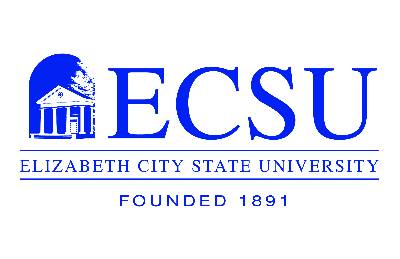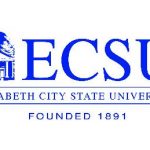Dept. of Energy Awards ECSU $400,000 STEM Education Project Grant for Minority and Underrepresented Students

Elizabeth City State University has received a $400,000 grant from the U.S. Dept. of Energy to enhance STEM education with an eye on preparing minority and underrepresented students for the energy workforce.
According to the dean of the ESCU School of Science, Aviation, Health and Technology, Dr. Kuldeep Rawat, North Carolina is the nation’s fastest growing renewable energy sector with a number of large and medium solar and wind energy installations and businesses. Elizabeth City is home to the U.S.’s largest wind farm in the southeast.
The project, “Enhancing STEM Education and Training to Improve and Increase Access to Energy Workforce for Underrepresented Minorities in Northeastern North Carolina,” will support efforts to work with underserved communities and promote inclusion of underrepresented groups in energy-related research and workforce. ECSU will bring experts from other institutions such as North Carolina State University and East Carolina University to support and enhance the curriculum and to develop professional development and training opportunities for students.
“The project will increase the number of students from underrepresented and disadvantaged backgrounds preparing to enter college and pursue STEM-related degrees,” said Dr. Rawat. “ECSU will serve as a resource to assist school districts and community colleges in the development and design of energy-related curriculum and the use of technology.”
ECSU will establish a renewable energy laboratory with solar and wind training systems and simulation software. The training will include a wind lab focusing on wind turbine power systems.
A residential summer Freshman Bridge Academy will also be established. Scholarships will be available for 15 incoming freshmen providing $3,000 for participation in the program, and $2,500 for 10 community college students who transfer to ECSU.
The grant will also fund research assistantships for five undergraduate students, eight-week internships with federal research labs for two students, and professional development for 20 faculty members.
Dr. Rawat is the principal faculty member on the grant project. Drs. Mehran Elahi and Bijandra Kumer are supporting Dr. Rawat on the project.


